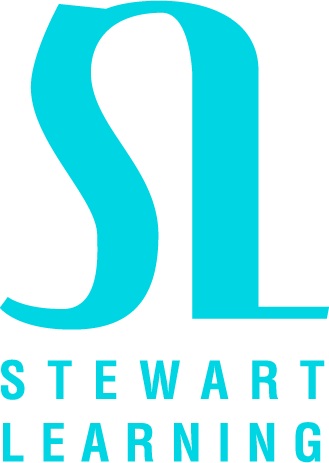Helping to prepare students for life after high school through enhanced executive function skills by:
* Learning to keep track of important assignments
* Reducing stress at home
* Conquering test anxiety
* Managing daily responsibilities

Helping to prepare students for life after high school through enhanced executive function skills by:
* Learning to keep track of important assignments
* Reducing stress at home
* Conquering test anxiety
* Managing daily responsibilities

Executive functions are mental skills that we need in life to effectively get things done. These skills are regulated by the frontal lobe portion of the brain. These processes enable us to plan, organize and manage our time, pay attention during tasks, remember information, control our impulses.
Many people can benefit from executive function coaching (children, teens and adults alike). These areas can be strengthened for individuals experiencing difficulties with time management, organizational habits, as well as planning and prioritization skills. These struggles may be due to formal diagnoses (ADHD, Executive Function Impairment, Learning Disability), or informal/undiagnosed issues, learning differences and frequent frustrations. No matter how bright a student is, they may still struggle to organize and complete tasks in a systematic and consistent way.
Organization: the ability to use a tracking system for important materials, information and everyday items.
Time Management: being able to organize your schedule and accurately figure out how much time you will need to complete tasks and assignments with multiple parts or steps.
Flexibility: being able to manage and adapt to unexpected situations while creating multiple solutions to the problems.
Task Initiation: is being able to start working on tasks without procrastinating.
Sustained Attention: the ability to have continuous and consistent attention focused on the tasks that need to be completed; even when becoming bored, tired or there are more interesting distractions.
Metacognition: the ability to review and think about how you previously completed tasks (ex. Note-taking, reading directions for assignments, test preparation, etc.) and decide how to make better decisions in the future.
Goal-directed Persistence: the ability to continuously work, day-to-day towards a specific realistic and attainable goal regardless of being frustrated, bored or interrupted. It is also having the ability to pick different strategies if you encounter setbacks and need new ways to reach your goal.
Planning & Prioritizing: the ability to create the steps needed to reach goals while also being able to decide which things are most important to focus on to complete the tasks.
Response Inhibition: is the ability to pause and think before acting on impulse
Emotional Control: the ability to manage feelings so they don’t get in the way of finishing work and achieving goals
Working Memory: is the ability to hold onto the information needed to complete tasks related to learning, problem-solving and understanding multi-step assignments
Perseverance: a tireless commitment to determination, patience, diligence when doing something, even when it takes more time to achieve the success than originally thought.
Efficiency: the ability to skillfully work hard and work smart at the same time. By approaching each task with a problem-solving mindset, wasted time can be avoided.
Mindfulness: a frame of mind that is achieved by focusing on the present moment, while calmly recognizing and being aware of personal thoughts, body sensations and feelings.